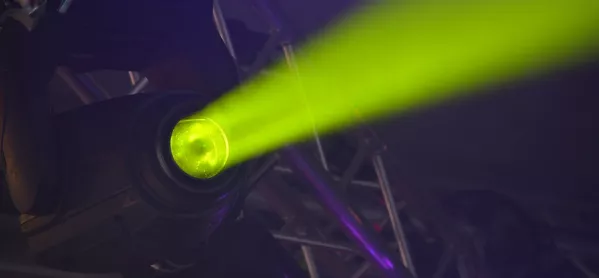There has been a lot of talk recently about the inspection of multi-academy trusts (MATs).
In Ofsted’s new corporate strategy for the next five years, published earlier this autumn, it said: “In the coming months, we will work with the Department for Education to develop new approaches and expertise to allow us to be better scrutinise education, training and care structures, including at the multi-academy trust level.”
This raises a number of questions about what such inspections would involve, and how they might come about.
What is official policy at the moment?
In January 2015, Nicky Morgan, then education secretary, wrote to Ofsted, laying out her preferences for the way that MATs should be inspected. Rather than inspecting the MAT itself, she said, she believed that MAT inspections “can be achieved by batching together academies that are due to be inspected in the current year”.
She said: “The focus should be on larger MATs - and I would inspect a focused inspection to be most effective where there are five or more academies which can be considered together.”
She refused to offer any further extension to Ofsted’s inspection remit or to draft a separate framework for inspecting MATs.
David Moran, chief executive of the E-Act academy chain, received the kind of batch inspection advocated by Ms Morgan. And, he pointed out, there were a number of shortcomings to the model.
“What I found was that they didn’t look at the whole organisation. Our board of trustees are an incredibly high-calibre group of people, who scrutinise, challenge, monitor and support the whole organisation. They didn’t really spend much time with them at all.”
So what would the alternative be?
Instead of inspecting several schools in an academy chain - and extrapolating conclusions about the whole chain from those inspection reports - Ofsted would inspect the MAT itself.
This would include scrutiny of schools, but also of central and regional governance. Inspectors would spend time with the board, examining both teaching and learning strategies and also the MAT’s financial operation.
Would this create any particular problems?
The biggest concern is that Ofsted does not have the necessary expertise to inspect the financially complex central workings of a MAT.
Jon Chaloner, chief executive of GLF Schools academy trust, said: “I don’t understand where the expertise will come from, of practitioners who’ve worked in that environment. If you’re being inspected by people who’ve never worked at the centre of a MAT before, they really need to understand how a MAT functions before they pass judgement.”
Lydia Brookes, professional support lawyer at Stone King, also points out that a standard set of criteria for what constitutes good and bad MAT practice would need to be clearly defined.
However, she said: “These criteria would need to be carefully drawn up, so they do not imposes a standard operating system on MATs, as this would mean they no longer have the operational flexibility to choose what works best for their particular group.”
Ofsted would also need to consider what the implications would be for a MAT that was found to require improvement. “Would a negative report mean that an automatic prohibition is placed on that MAT to stop it growing and taking on more academies?” said Ms Brookes.
Others point out that MATs are currently held to account by regional schools commissioners. So a clear set of guidelines would need to be drawn up, to ensure that Ofsted’s remit did not overlap with that of the RSCs.
How would any changes be implemented?
The decision is in the hands of the Department for Education, so is out of the control of Ofsted itself.
Sir Michael Wilshaw, who stepped down as Ofsted chief inspector at the end of last year, petitioned the DfE to grant these powers. The DfE remained resistant.
It has not given any indication yet that its opinion has been changed on the matter.
Want to keep up with the latest education news and opinion? Follow Tes on Twitter and Instagram, and like Tes on Facebook




